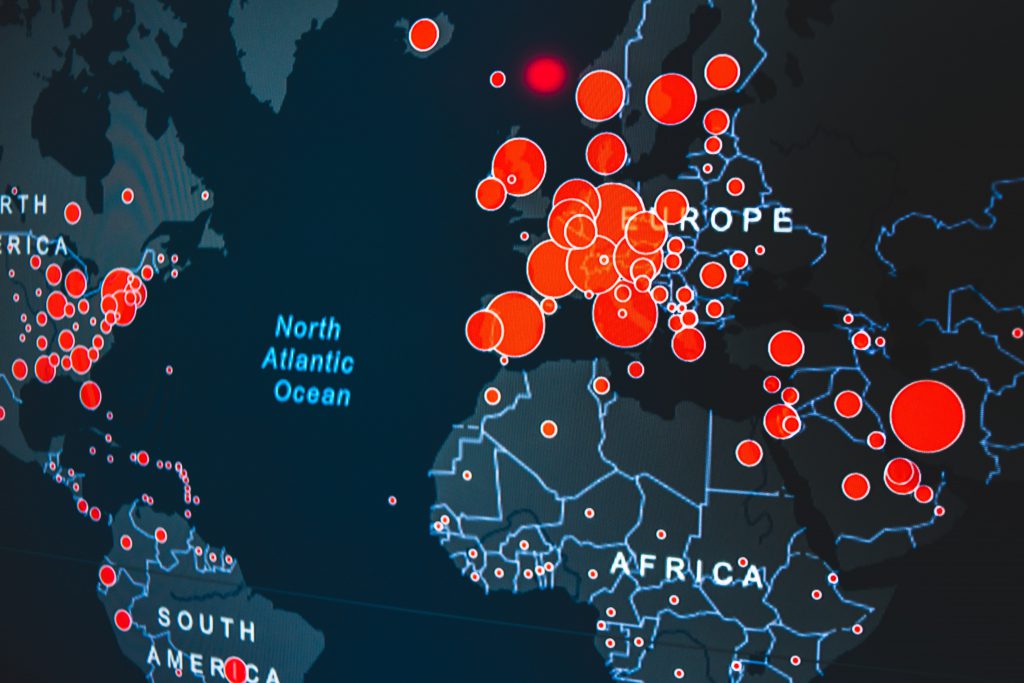Author: Michael Strange, Redem. Senior lecturer, Department of Global Political Studies.
We have all become amateur virologists, having now spent over a year following the global pandemic through its various waves as it has caused still ongoing human suffering on a scale that is hard to comprehend. Throughout much of 2020, we waited anxiously for the first news of hope that a vaccine would soon be on its way. At that point, medical research and a belief in ongoing human innovation were our torch bearers. Fast-forward to the present, we see that to beat Covid-19, medical research is vital, but far from the only form of innovation we sorely need at this time.

Since last semester, in the STINT-funded Precision Health & Everyday Democracy (PHED) project, we have been holding a ’Commission’ on the future of healthcare post Covid-19, with a series of oral and written submissions from health practitioners, activists, and researchers. Focused at first on Sweden, we included comparison with France and the UK. What stood out in the evidence presented was that Covid-19 has been felt by different sectors of society in very different ways, and the part played in that by vulnerabilisation – political processes that undermine the living standards and rights of particular groups and individuals. Amongst all actors we spoke to was a general consensus that, to better manage Covid-19 and protect us all from future pandemics, there is a desperate need for political innovation to reconnect a society that feels increasingly fragmented. Our first report will be published in the next month.
Starting next Tuesday, we continue the Commission with a focus on how to achieve good healthcare for all. If the pandemic is to teach us anything, it has to be that a failure to provide healthcare for any minority is not only a moral bad, but threatens the security and economic welfare of all. We have a list of speakers including high-profile experts from the WHO, Chatham House, and CHAIN, that is representative of a much wider geographic spread.
What we see with Covid-19 is the need for new transdisciplinary research to support the types of political innovation required to reclaim our societies from Covid-19. Please feel welcome to join us this Spring for the first of our online events focused on Researching Global Health Inequality, taking place on Tuesday 16th March 14-16:00 CET.
For more information, please see the PHED website: https://mau.se/en/research/projects/phed/
